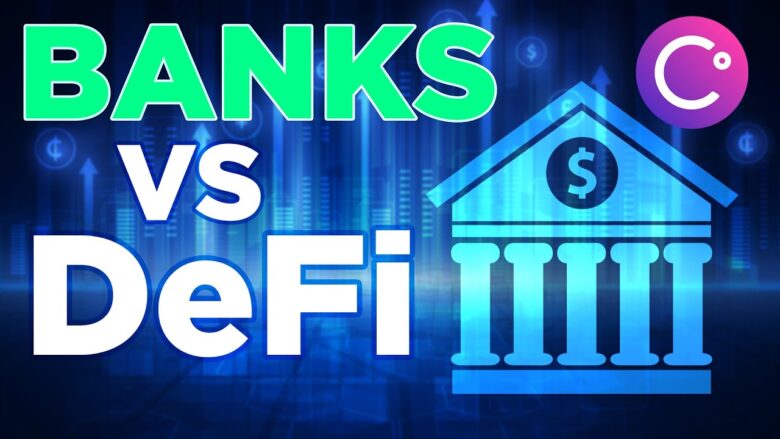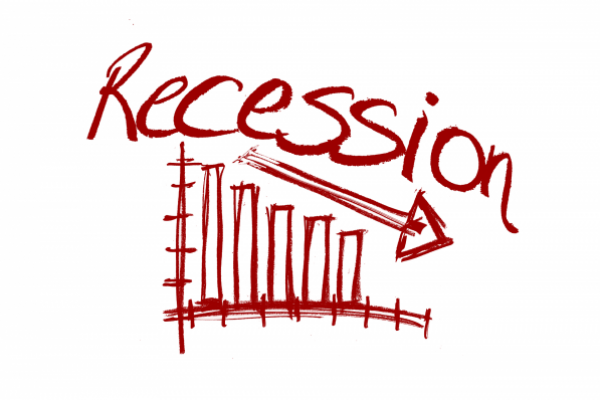One of the best and surest ways to get rich and earn a steady passive income is by investing in rental properties. Whether you want to diversify your investment portfolio, get tax deductions, or ensure you have enough money to live on, a rental property business is a great way to achieve your goals. However, …
Your first home is a monumental milestone; however, purchasing it can feel overwhelming without research and planning. From location and pricing to other additional factors, a great deal of analysis is needed to make the right decision that impacts you financially. From being a cozy suburban house to a classy urban apartment, understanding these factors …
Fakes and fraudulent schemes are on the rise, and it’s no surprise as to why. From something as simple as an investment scam to somebody hacking into your email account and impersonating your bank, the possibilities are endless, and so are the fatal outcomes. Scammers exploiting people’s trust is unheard of, and now that the …
The world of finance is going through a massive change due to the emergence of DeFi, or decentralized finance. For centuries, banking and financial systems have been the core pillars of the economy; now there is competition from blockchain-based systems that promise better transparency, accessibility, and efficiency. With the growing adoption of digital assets and …
With DeFi, users can lend, borrow, and trade seamlessly using blockchain-based smart contracts with no intermediary like a bank, making access to business services open and permissionless. While this promises growth and greater financial inclusion, it is coupled with a lot of risk that needs consideration. It is essential to analyze these risks to make …
Insurance can easily become the backbone of your financial planning as it helps you prepare for potential hardships that may come your way. It may be a medical emergency, a car crash, or even damage to your domicile; the correct insurance will save you from insane expenses. However, there are so many different insurance options …
Investing in stocks during a recession can be a source of concern and curiosity, especially for those unfamiliar with how financial markets operate under difficult circumstances. While recessions can be challenging, they can also present unique opportunities to create long-term wealth if approached with a sound plan. This blog discusses the principles of investing during …
While many investors have suffered losses, gotten caught up in the IPO craze, and made hasty decisions before jumping in blindly without doing enough research, investing in IPOs can be lucrative but also dangerous. Take the time to assess your risk appetite, financial goals, and investment horizon before investing. These guidelines apply to investing in …
Successful investing doesn’t require an advanced finance degree or complicated math skills; just some tried-and-tested strategies. This beginner-friendly roadmap will provide assistance as you understand and implement key strategies. Acquiring shares in a company confers partial ownership and provides the potential to multiply your initial investment multiple times over. But like any investment market, shares …
The digital world is vast and interconnected. It’s where we store our most sensitive data. Digital assets, from personal files to critical business data, are the foundation of modern life. Cyberattacks are on the rise, as technology is increasingly relied upon. It is important to protect your digital assets, not only because it’s a technical necessity but also …










